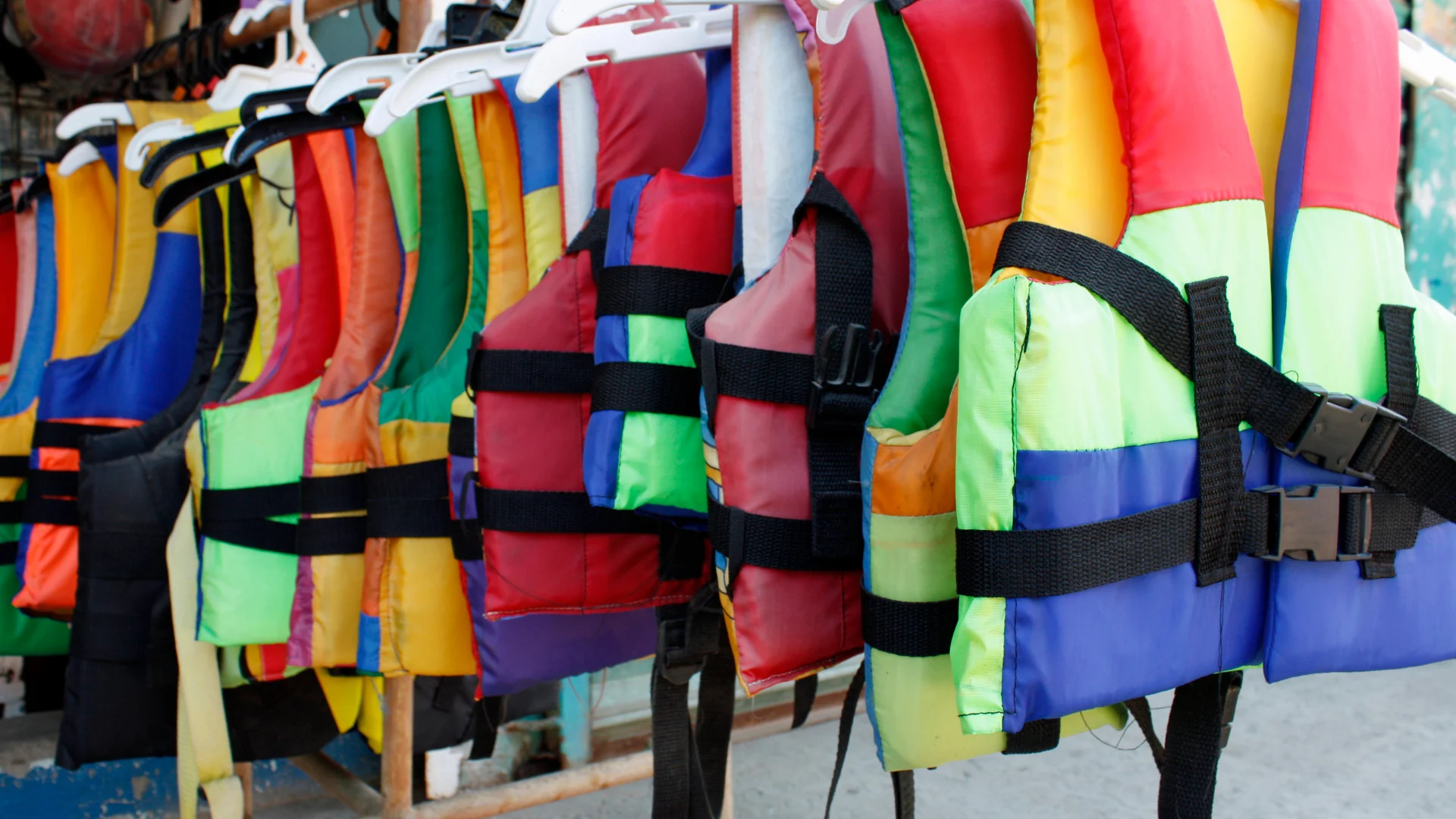
Gear up for National Drowning Prevention Week 2023 with these water safety tips
Make informed decisions about the water.
National Drowning Prevention Week (NDPW), takes place from July 16-22 in Canada - an annual initiative by the Lifesaving Society of Canada (LSC)designed to raise awareness about the drowning problem and drowning prevention strategies.
Statistics from the LSC find an average of 400 Canadians drown each year, making it the third leading cause of accidental death in the country.
Water safety tips
Supervise children. "If you are not "within arms' reach" of your children anytime they are around water, you have gone too far," The LSC says on its website.
Wear a lifejacket. Always wear a lifejacket when on a watercraft. Inexperienced swimmers should consider wearing a lifejacket when swimming as well - a practice the National Park Service (NPS) recommends to all visitors. " You may not have time to put on your life jacket if you encounter a water hazard, slip while fishing, or fall out of your vessel," the NPS says on its website.
Learn to swim. It's important for everyone to learn to swim, even people who don't think they will ever be near the water. This increases the chances of surviving unexpected water-related incidents.
Stay sober when near water. Alcohol consumption is a significant factor in numerous water-related fatalities. Both alcohol and cannabis impair balance, judgment, and reflexes, making individuals more vulnerable in aquatic environments.
Open water safety
Before going in, on, or around the water, educate yourself about potential risks, currents, and weather conditions.
Even if conditions are calm and a river looks inviting, there are a few things to keep in mind, as the risk of water-related injuries or fatalities around rivers may be greater than it seems.
WATCH BELOW: While beating the heat this summer keep water safety in mind
Drowning can happen quickly, and even for those who survive prolonged periods submerged in water, there can be long-term health impacts, according to the CDC.
A general rule of thumb is to swim with supervision, observe posted signs, and stay sober.
Continuous learning is key to preventing water-related incidents and saving lives. Take the initiative to enroll in learn-to-swim, lifesaving, or first aid classes - skills that increase personal safety and potentially the safety of others.
RELATED: Three essential tips for staying safe on the water this summer
Header image: Canva.










